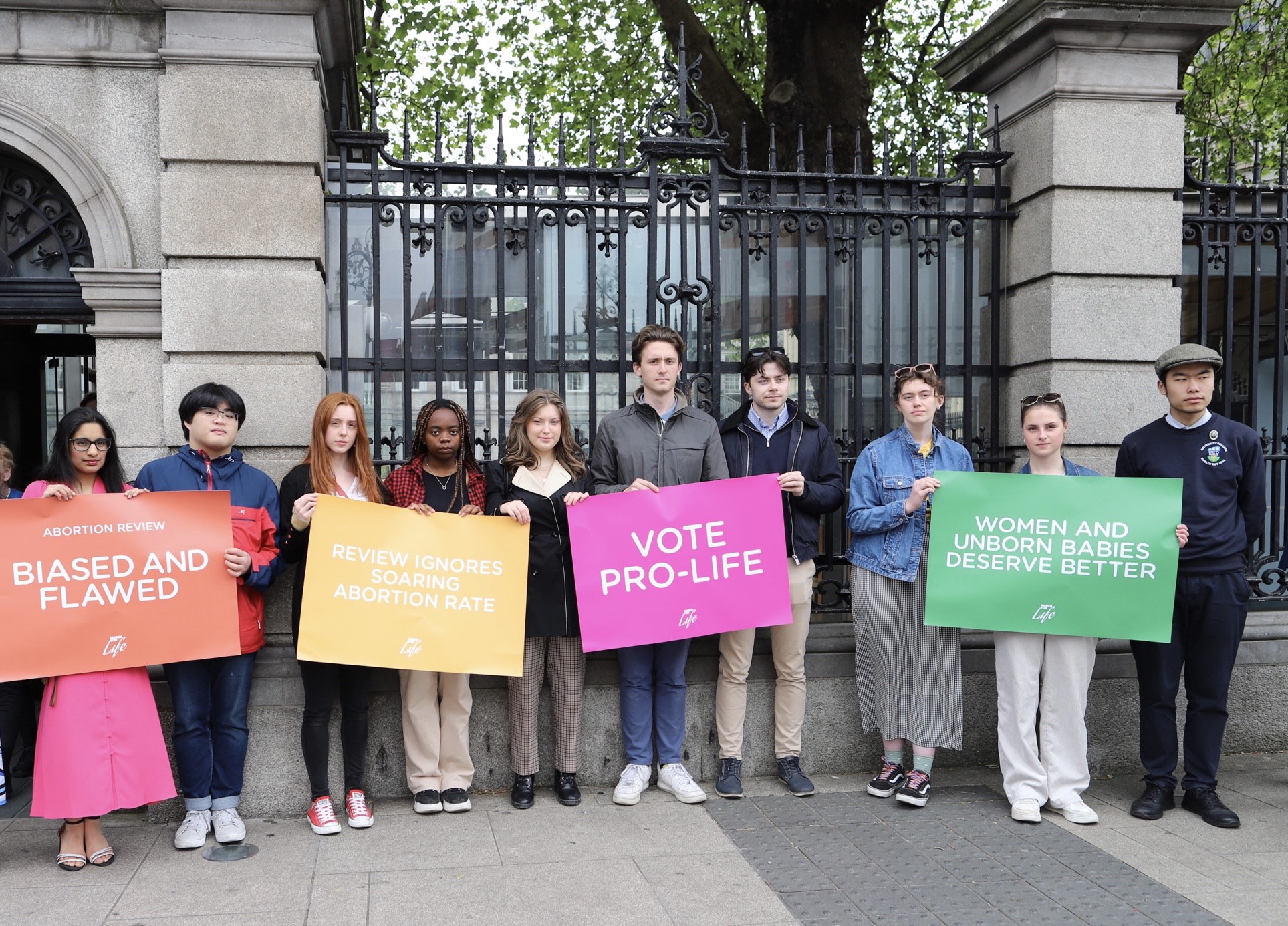
For decades, Malta has been a safe haven for the protection of unborn human life, providing first class protections to babies and their mothers, with the strong support of the Maltese people. However, the country is now on the brink of taking a dangerous step which could see it taking its place among countries with the most liberal abortion regimes in the world.
Last week, the Maltese government published legislation which would radically liberalise the country’s abortion laws.
Early this year a US citizen, Ms Andrea Prudente, was refused an abortion even though her life was not in danger. She was later treated in Spain. In the wake of her case, the Maltese government pledged to amend the law to ensure that there was clarity about the existing medical practice that interventions, including those which result in the death of an unborn child, may be taken if they are necessary to save a woman’s life.
This is a position which pro-life supporters across the world support.
However, legislation published last week by the Maltese Minister for Health Chris Fearne MP goes much further than clarifying existing medical practice. The text of the Bill also allows abortion in circumstances where a woman faces a medical complication which “may put …. her health in grave jeopardy”.
If approved, this would introduce an abortion regime in Malta which is one of the most extreme and wide-ranging in Europe.
Allowing abortion on a “health” grounds has been standard practice in many countries around the word for decades, most notably in the United Kingdom. However, the new Maltese proposal actually goes further than other countries.
First, the new legislation does not specify any gestational limit for abortions on health grounds. Even the liberal UK law specifies a limit of 24 weeks, but in Malta, abortions could take place under the “health” ground right until the moment of birth.
Second, the concept of “health” itself is not defined, and is likely to extend to mental health as it does in the UK. In that country, it is now accepted that if a baby is not the sex desired by its mother, that the stress of this is sufficient justification for an abortion on the grounds that if it affects her mental health. The vague text of the new Maltese law – at less than 50 words – does not specify what amount to a woman’s health, and so this could end up being interpreted very broadly.
In the UK, over 200,000 abortions were performed on this “health” ground in 2021 alone – that’s 40% of the population of Malta.
In Ireland, prior to 2018 the law on abortion was very similar to the law in Malta as it stands today, with abortion being illegal in virtually all cases, other than in circumstances where medical intervention was required in order to save the life of a woman.
However, in 2012, the death of a woman, Ms Savita Halappanavar, was used by campaigners to seek a radical expansion of Irish abortion laws. Two investigations by Irish state agencies found that Ms Halappanavar had died due to advanced sepsis which caused a miscarriage, and highlighted a series of errors by medical staff who failed to anticipate her deteriorating condition.
As in the case of Ms Prudente, the case of Ms Halappanavar revolved around the issue of medical interventions necessary to save the life of a pregnant woman, and not with any wider issues relating to abortion. However – as in the case of Ms Prudente – her case has also used as emotional blackmail by pro-choice campaigners to seek radical expansion of abortion laws which had no relevance to her case.
In 2018, this campaign culminated in new legislation which allowed abortion on demand in the first 12 weeks of pregnancy, and which also allowed abortion beyond 12 weeks for so-called “fatal foetal abnormalities” and in order to protect the “health” of the mother.
Since the liberalisation of the law in Ireland, the number of abortions has skyrocketed, with 6,666 abortions carried out in the first year of the new law alone.
Sadly, this was not a surprise. Every country which has legalised abortion even on limited grounds has quickly seen the number of terminations skyrocket within a couple of years, and then continue to grow over time. In the UK, which has had legal abortion for over 50 years, the number of terminations continues to rise, reaching an all-time high in 2021, with 214,256 abortions performed in England and Wales last year.
Abortion campaigners like to say that abortion should be “safe, legal and rare”, but there is no such thing as “safe” or “rare” abortion.
The medical professions see every pregnancy as involving two patients – the mother and the unborn child – and acknowledge that we have an ethical responsibility of care to both patients. However, when the mother’s life is in danger, doctors can and do take all necessary steps to save her life, even if this leads to the death of her child. No doctor would ever wait until there is a critical threat to a pregnant woman’s life before intervening to protect her life. No law, in Malta or anywhere else, has ever prevented a doctor from doing so.
The new legislation in Malta would destroy these principles, because for the first time a doctor may now be forced to intervene to end the life of one of those patients – the unborn child – even though it is not medically necessary.
This would be a huge change to the culture of medical practice in Malta.
Malta can proudly say that it is one of the most pro-life countries in the world, with unborn children receiving a degree of protection seen in few places around the world. While other countries now treat human life as a cheap commodity, Malta should proudly stand firm and continue to afford the highest dignity to all life from conception to natural death.
